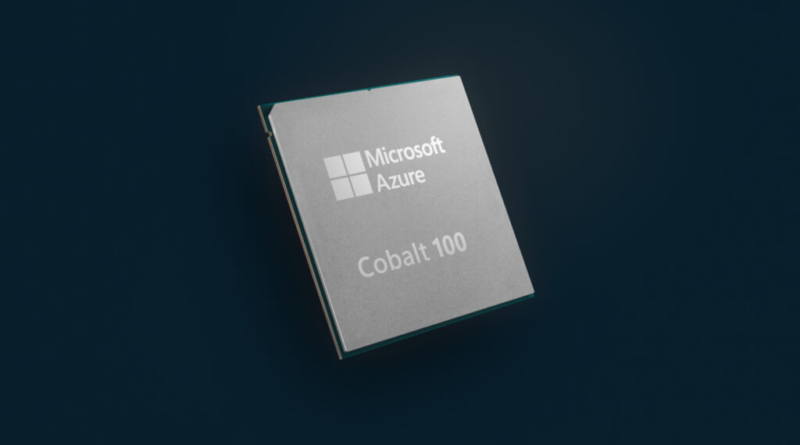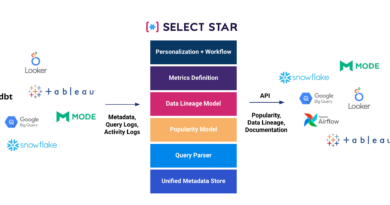Microsoft’s custom Cobalt chips will come to Azure next week
Microsoft will launch its custom Cobalt 100 chips to customers as a public preview at its Build conference next week, TechCrunch has learned.
In an analyst briefing ahead of Build, Scott Guthrie, Microsoft’s executive VP of the Microsoft Cloud and AI group, directly compared Cobalt to AWS’s Graviton chips, which have been available to developers for quite a few years now. Guthrie said that Microsoft’s chips will offer 40% better performance over other ARM chips in the market. Adobe, Snowflake and others have already started using the new chips.
Microsoft first announced its Cobalt chips last November. These 64-bit chips are based on the Arm architecture and feature 128 cores.
In addition to the Cobalt chips, Microsoft will also make AMD’s MI300X accelerators available to Azure clients next week. Despite being a major GPU manufacturer, AMD has long trailed Nvidia in the AI space, but as the large cloud providers look to find alternatives to Nvidia’s expensive chips — and as AMD has started to gain some ground in this space by offering better software support — these new chips are now a hot commodity as well.
Guthrie described it as the “most cost-effective GPU out there right now for Azure OpenAI.”
Among the other nuggets of news we learned is that Microsoft will drop its pricing for accessing and running large language models at Build next week. What exactly that will look like remains unclear, though.
Microsoft will also go into preview with a new “real-time intelligence system” that will allow real-time data streaming into Fabric, Microsoft’s data analytics system. This system will offer a native Kafka integration as well as support for AWS Kinesis and Google Cloud’s Pub/Sub data-streaming systems.
Microsoft will also announce a partnership with Snowflake. Fabric will now support Snowflake’s Iceberg format (in addition to Databricks’ Parquet), which will enable “seamless interoperability with Snowflake and enable any data that’s in Snowflake to show up in Fabric and vice versa.”
And for you Copilot fans: Microsoft plans to launch a new feature that will allow developers to manage their Azure resources directly from Copilot, using natural language. “That’s going to enable an even tighter developer loop with natural language across your development stack and Azure,” Guthrie said. That system is built on top of a common extensibility mechanism, so other providers will be able to plug into it as well and offer similar capabilities.




